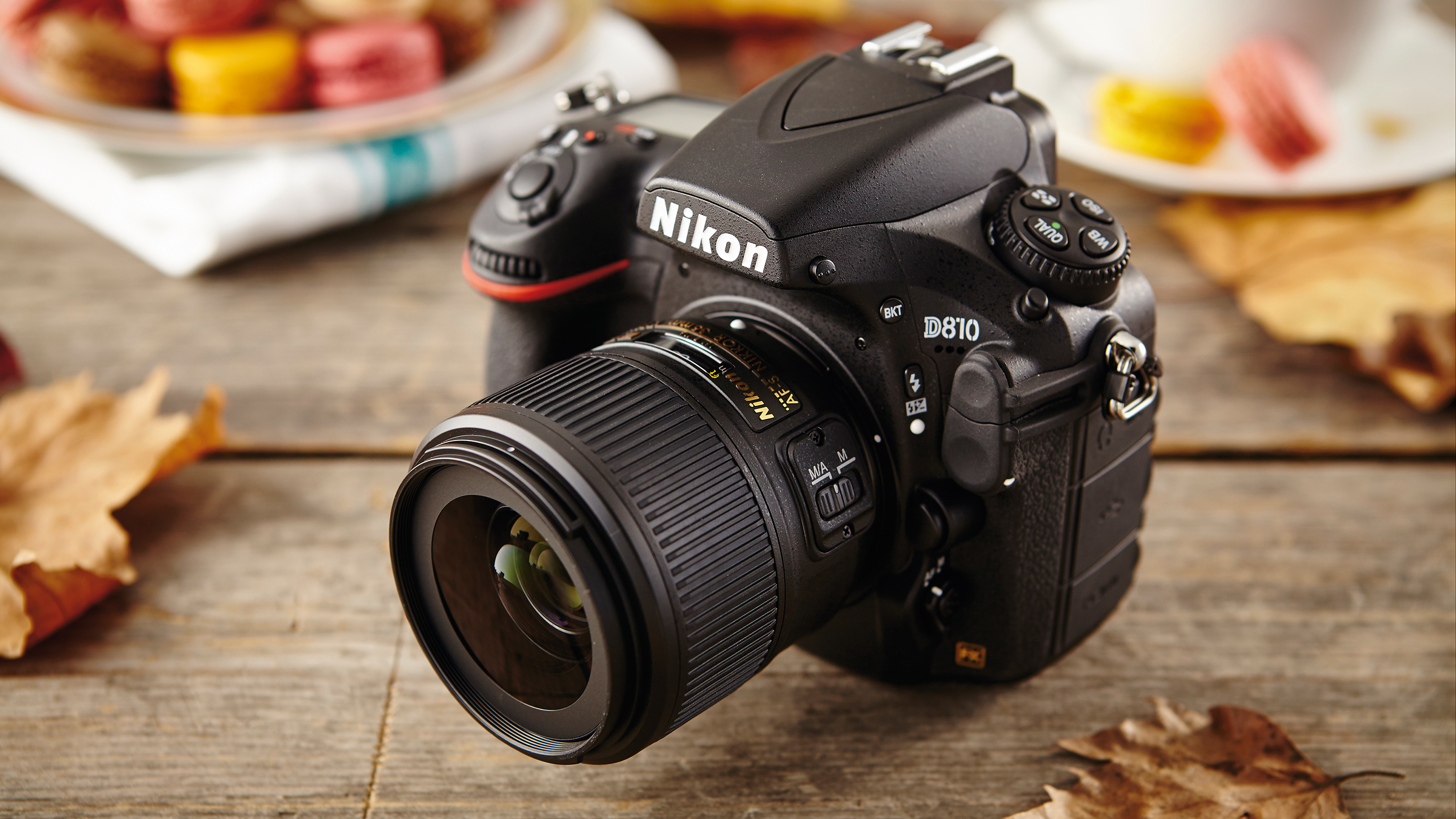I've always been a huge advocate of second hand cameras, but in 2025 the used market is more attractive than ever. The consumer tech industry has never seemed to fully recover from the component shortages and freight issues caused by the COVID-19 pandemic, andDonald Trump's tariffsare causing chaos with already rising prices. While there are still someCheap camera dealsTo be had, and some very competitively priced cameras, the used market remains a fantastic way for budget-conscious photographers to save money.
Second-hand cameras also allow photographers to buy devices that are no longer in production. I've said it before and I'll say it again: if you're serious about photography and want a pro-grade setup but cannot justify high-end mirrorless prices, you'd be better off investing in an older pro-grade DSLR like theNikon D810orCanon EOS 5D Mark IVand a 'Holy Trinity' of lenses instead of blowing your budget on a brand-new camera and a kit lens. Let's put this to the test by checking out MPB...
At the time of writing, you can find a Nikon D810 (Excellent) forUS$644/£589, a Nikon AF-S 14-24mm f/2.8G IF-ED (Excellent) forUS$544/£544, a Nikon AF-S 24-70mm f/2.8G IF-ED (Excellent) forUS$559/£444, and a Nikon AF-S 70-200mm f/2.8G ED VR II forUS$894/£554That's a combined total of US$2,641 / £2,131, which is the price of a mid-range camera and kit lens nowadays.

Don't get me wrong, I'm not saying anybody should buy the above setup specifically, but it does highlight how little a pro-grade DSLR setup can cost on the used market. And heck, I think you could even find a decent setup that's cheaper. But you don't have to be working on a super-tight budget to invest in a second hand camera. If you're after an upgrade and can save yourself a couple of hundred bucks, that's a couple of hundred bucks you can spend on a tripod or lens.
The downside of second hand cameras, of course, is that they won’t always be in mint condition. If you’re somebody who likes to have everything in tip-top condition, that might be a bridge you’re not willing to cross. I do understand this if you’re a fairweather photographer whose kit stays in a half case and is rarely (if ever) exposed to the elements. But if you’re a landscape or wildlife photographer who's going to be working in inclement weather, or you want an everyday 'beater' that you can chuck in your bag and bake your blood, sweat, and tears into the leatherette, then you’ll likely consider the odd scuff or scratch character building.
That leads me to another point. I'd seriously advise photographers who aren't particularly experienced with gear to only buy used items from reputable sellers. A good seller will inspect the camera, accurately list its condition, and provide some kind of warranty. You'll also find that some camera manufacturers such as Nikon and Fujifilm have dedicated online stores for refurbished products with a significant discount off the RRP. While you can find some very good deals via online marketplaces (although sellers tend to be more savvy nowadays), you need to know what you're looking at and what to look out for to mitigate the risks of being scammed.
My final reason why you might want to purchase a second hand camera is that sometimes you don't have a choice. We've seen so many cameras experience stock issues in recent years – theFujifilm X100VIcomes to mind, of course – that there have been instances where your only hope of picking up a must-have device was by buying it second hand. Just don't expect to save much money on a scarce camera (if at all).
You might also like...
Talking about second hand cameras: The Nikon FM isthe only film camera I'll ever need. Plus, I invested in a new Nikon Z8, but if I play my cards right,I reckon it could remain in my kit bag for a decade AT LEAST. And for a trip down memory lane, here are thebest DSLR cameras.
Like this article? For more stories like this, follow us on MSN by clicking the +Follow button at the top of this page.
0 comments:
Ikutan Komentar